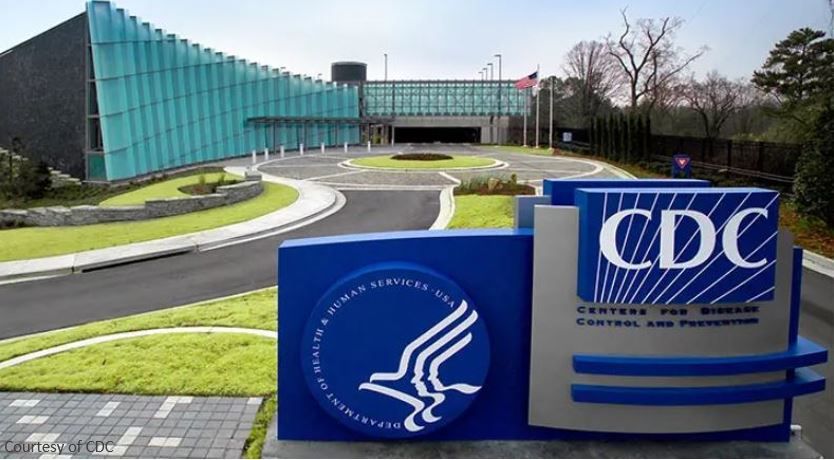- Clinical Technology
- Adult Immunization
- Hepatology
- Pediatric Immunization
- Screening
- Psychiatry
- Allergy
- Women's Health
- Cardiology
- Pediatrics
- Dermatology
- Endocrinology
- Pain Management
- Gastroenterology
- Infectious Disease
- Obesity Medicine
- Rheumatology
- Nephrology
- Neurology
- Pulmonology
ACIP Recommendations for RSV Vaccines in Older Adults: Update August 2024
The Advisory Committee on Immunization Practices' revisions prioritize vulnerable older adults and those at higher risk of severe infection.
On June 26, 2024, the CDC’s Advisory Committee on Immunization Practices (ACIP) updated its recommendations that all adults aged 75 years and older, and adults aged 60 to 74 years who are at increased risk for severe respiratory syncytial virus (RSV) disease should receive a single dose of the RSV vaccine from GSK (Arexvy), Pfizer (Abrysvo), or Moderna (mResvia).1
This is a shift from June 21, 2023, when ACIP recommended that adults aged 60 years and older may receive a single dose of the RSV vaccine.2
Courtesy of CDC

These updated recommendations aim to maximize RSV vaccination coverage among those most likely to benefit in which continued postlicensure monitoring will guide future recommendations.1
SV is a significant cause of respiratory illness and hospitalization in older adults in the US, particularly during the fall and winter. As of spring 2024, 20% to 25% of US adults aged 60 years and older were estimated to have received the RSV vaccine.
The updated recommendations stem from previous meetings, new data from randomized, observer-blind, placebo-controlled clinical trials of mResvia, and postlicensure data on Arexvy and Abrysvo.
The ACIP Work Group for RSV prevention in adults met monthly since July 2023 to consider updated to the adult RSV vaccinations recommendations, using the Evidence to Recommendation Framework (EtR) to guide its considerations. Their conclusions were publicly presented to ACIP on June 26, 2024.
mRNA RSV Vaccine (Moderna mResvia) Efficacy
- A phase 2/3 trial showed that one dose of mResvia had a 78.7% efficacy in preventing symptomatic, laboratory-confirmed RSV lower respiratory tract disease (LRTD) with 2 or more lower respiratory symptoms.
- Efficacy was 80.9% in preventing RSV-LRTD with 3 or more lower respiratory symptoms.
- Over a longer follow-up period, efficacy was 47.4% against RSV-LRTD with 2 or more symptoms and 48.4% with 3 or more symptoms.
mRNA RSV Vaccine Safety
- Severe reactogenicity events were more common among mResvia recipients compared with placebo recipients.
- The relative risk for serious adverse events was 1.00, indicating no increased risk.
- No cases of Guillain-Barré syndrome (GBS), other inflammatory neurologic events, myocarditis, or pericarditis were recorded within 42 days post-vaccination.
Protein Subunit RSV Vaccines (GSK Arexvy and Pfizer Abrysvo) Efficacy
- Postlicensure data showed vaccine effectiveness (VE) estimates of 75% to 82% against RSV-associated hospitalization in adults aged 60 years and older during the first RSV season after vaccination.
- VE was consistent across different age groups (60-74 years and 75 years and older) and vaccine products.
Protein Subunit RSV Vaccines Safety
- An FDA analysis indicated a potential, but not conclusive, elevated risk of GBS following vaccination with protein subunit RSV vaccines.
- There was a statistical signal for immune thrombocytopenia (ITP) post-GSK Arexvy vaccination, though most cases had onset before vaccination, suggesting no clear association.
The benefits of RSV vaccination, including reduced hospitalizations, intensive care unit admissions, and deaths, generally outweigh the potential risks, although this varied by age and risk group. The updated recommendations reflect this balance, particularly for those at higher risk of severe disease.
ACIP will continue to review new data on vaccine efficacy, safety, and the duration of protection. Recommendations may be adjusted based on emerging evidence, particularly regarding revaccination and the extension of vaccine recommendations to other age groups or risk populations.
